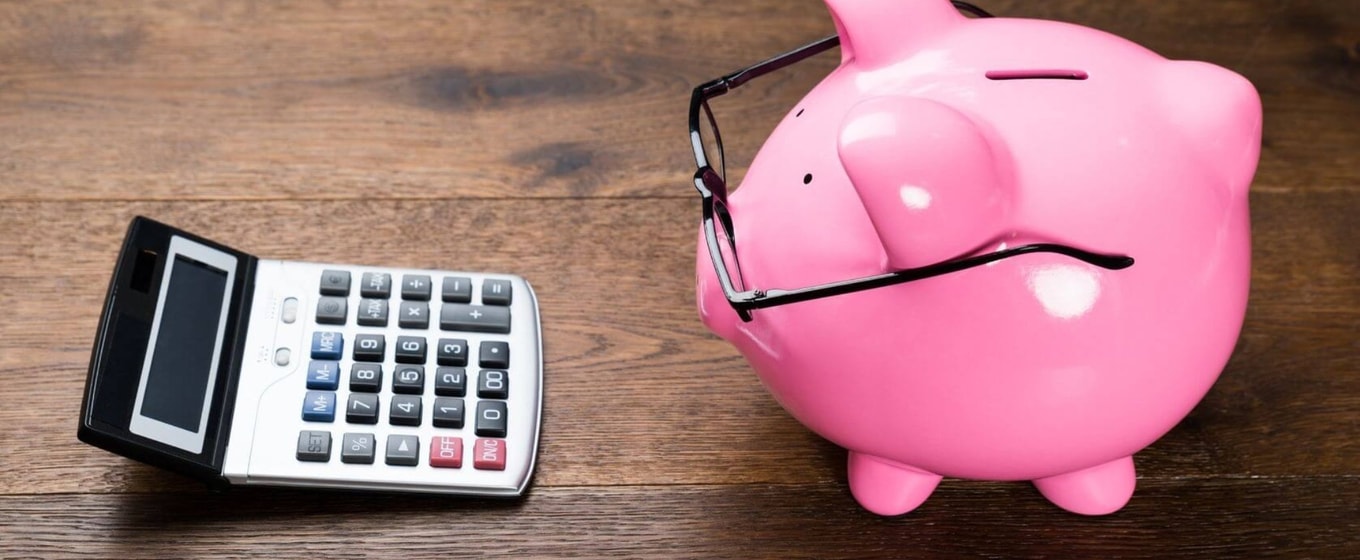When you get a pension you pay tax on any income above your tax-free personal allowance. Generally pensions are taxed on the same basis as employment income under the PAYE scheme. Private pensions will usually make the necessary deductions at source.
When you receive regular pension payments, for example from an annuity, you will have to pay income tax. The amount of tax depends upon the tax rate that applies to your circumstances. The tax office sends the pension provider your tax code so that they know how much to deduct.
Upon retirement, it’s possible to claim a tax free lump sum payment known as a Pension Commencement Lump Sum (PCLS). This is generally calculated as 25% of your pension pot, but this is dependent on your pension arrangement. If this option is of interest, it would be wise to speak to your pension provider for more information on your situation.






These cookies are set by a range of social media services that we have added to the site to enable you to share our content with your friends and networks. They are capable of tracking your browser across other sites and building up a profile of your interests. This may impact the content and messages you see on other websites you visit.
If you do not allow these cookies you may not be able to use or see these sharing tools.